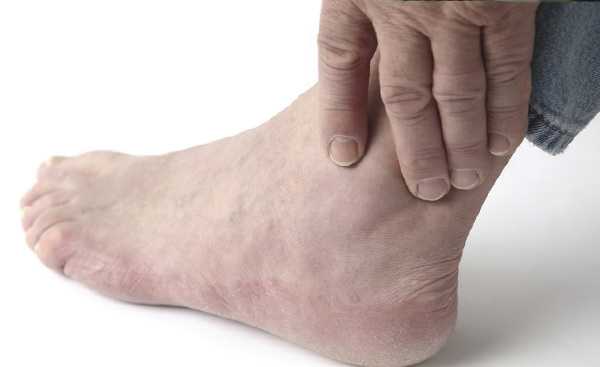GOUT: Disease of the kings

Gout was in the old days referred to as the rich man’s disease because it usually attacked kings and upper class citizens who could afford to binge on food and wine. However, with current lifestyle changes, it is slowly emerging that gout can strike anyone regardless of his or her social standing. This article explores the intricacies of this disease.
History has it that King Henry the eighth suffered from gout and so did Leonardo Da Vinci, the famous Italian painter. Closer home, Kenya’s eighth vice president – Michael Kijana Wamalwa – also suffered from gout adding to the list of celebrities and high profile individuals who got plagued by the disease. For the longest time, gout has been known as a disease of the affluent. But tides are slowly changing and the scope of its victims currently includes young adults and low-income earners.
The Centre for Disease Control and Prevention (CDC) defines gout as, “a joint disease resulting from deposition of uric acid crystals in tissues and fluids within the body.” Gout is caused by a chemical in the blood called uric acid (urate) and it affects the knees, wrists, ankles, fingers and elbows.
Uric acid is a by-product of substances found in food called purines. The body naturally eliminates uric acid in the urine and faeces but in some people, the kidney cannot flush it out quickly enough leading to a build up. From time to time, the level may become too high leading to the formation of tiny grit-like crystals of uric acid. The crystals then collect in a joint and irritate joint tissues causing an inflammation and severe pain.
Some of the complications that arise from untreated gout are kidney stones and kidney failure especially when the urate levels are too high. The disease can be said to be fatal when kidney functions are compromised as a result of gout. It can also cause severe joint damage.
Symptoms…
One of the most distinct symptoms of gout is sudden, severe attack of pain, redness and tenderness of the joint at the base of the big toe. For no apparent reason, this pain attack usually occurs at night. Other symptoms include:
A needle-shaped crystal bulge around the affected joint.
You will also experience discomfort in the affected joints, which may hinder your mobility.
As the inflammation subsides, you will notice that the skin will be itchy and flaky and will eventually start to peel off.
Diagnosis and treatment
The standard diagnosis for gout involves extraction and microscopic analysis for urate crystals from the affected joint. Crystals of uric acid must be seen in the fluid to confirm the diagnosis of gout before treatment can commence.
It is common to find people who suffer from gout with medicine on stand-by. Some of their medications include anti-inflammatory tablets, which they swallow until the swelling subsides. Doctors also prescribe painkillers strong enough to keep the pain down during gout attacks. The next set of drugs is aimed at reducing the level of uric acid in the blood by improving the kidney’s ability to remove uric acid from the body. The doctor will prescribe the most suitable medication for you.
Foods that ease gout
Those suffering from gout should eat foods rich in zinc, which may be decreased during gout attacks. They should also increase their uptake of fruits and vegetables to guarantee constant supply of vitamin C, which may help the kidneys to excrete uric acid. Drinking at least two litres of water a day will help flush out urate crystals via the kidney.
Foods to avoid
Top on this list is meat including liver both of which are rich in purines. The popular nyama choma is a no-no for gout sufferers. Other foods include asparagus, cauliflower and mushrooms, beans, peas, lentils, mackarel, sardines, and shrimps, which also contain considerable amount of purines. Dried fruits should be eaten in moderation since fructose increases urate production.
Expert Advice…
Another reason why gout affects middle and low-income earners is their uncontrolled zeal for booze. Alcohol increases the production of uric acid from purines and inhibits normal kidney function. It is therefore advisable to avoid alcoholic drinks or have them in moderation.
Published in January 2015




